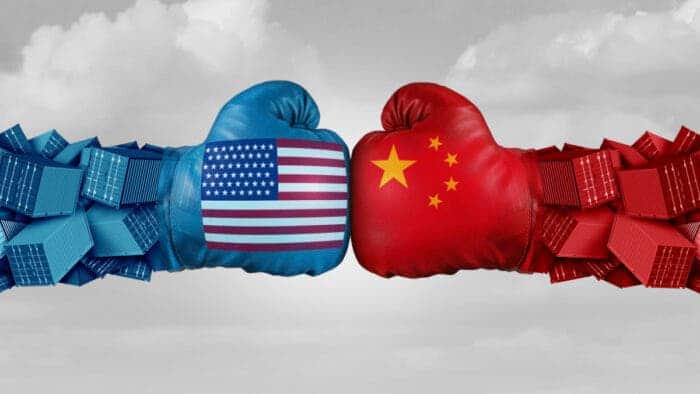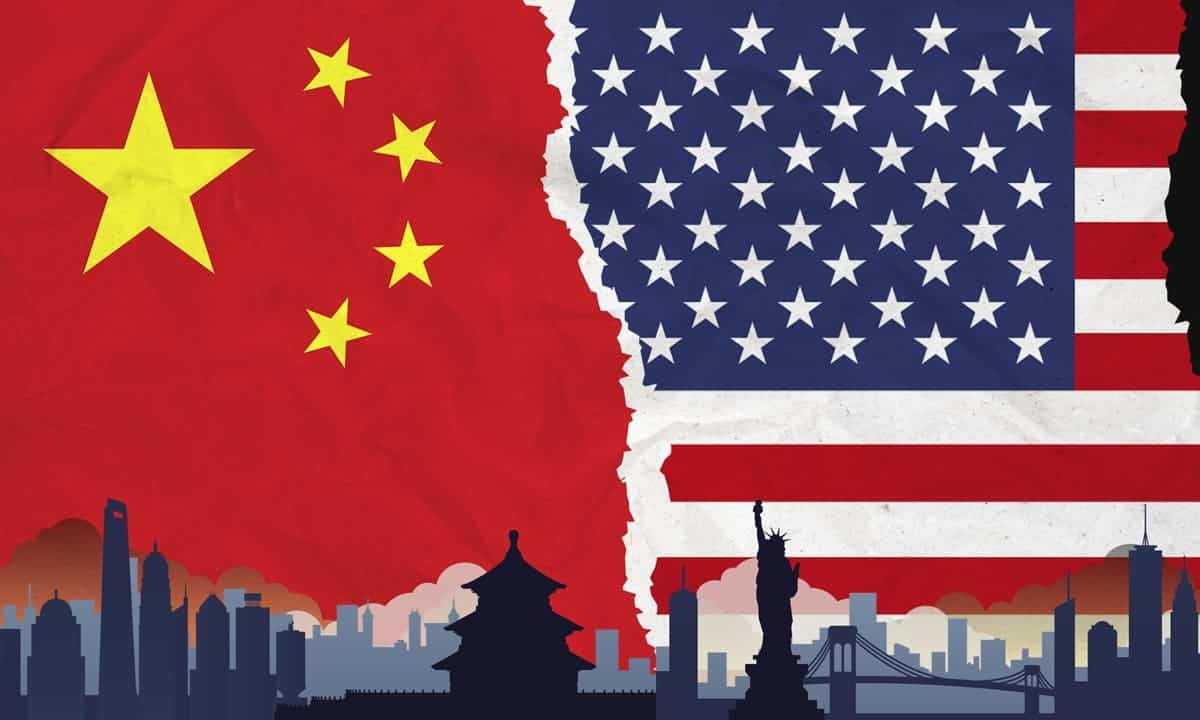newsTech
China urges U.S. to reverse course on tariffs after tech exemptions
Efe Udin
April 13, 2025

China’s Commerce Ministry has urged the U.S. to “completely abolish” the reciprocal tariffs imposed by the Trump administration, following a partial exemption granted late Friday. In a strongly worded statement, the ministry described the tariff exemptions as a “small step” and called on President Donald Trump to heed “rational voices” and correct what it sees as damaging policy errors.

“We urge the U.S. to heed the rational voices of the international community and domestic parties, take a big stride in correcting its mistakes,” the ministry said. It added that Washington should “completely abolish the wrongful action of ‘reciprocal tariffs,’ and return to the correct path of resolving differences through equal dialogue based on mutual respect.”
Exemptions seen as a U.S. retreat
The U.S. Customs and Border Protection announced that several technology products—including smartphones, computers, semiconductors, solar cells, and flash drives—will no longer be subject to reciprocal tariffs. These devices, widely used across sectors, are key to the global supply chains of major firms such as Apple.
Public reaction in China has been swift. “Public opinion widely views this as another retreat by the U.S. government on its tariff policies,” wrote the state-run Beijing Daily. On the Chinese social media platform Weibo, the phrase “Trump administration retreats again” became the second most popular search term.
No immediate plans for Trump-Xi talks
U.S. Trade Representative Jamieson Greer said on CBS News’ Face the Nation that there are currently no plans for President Trump and Chinese President Xi Jinping to speak about the ongoing tariff dispute.
“This issue is truly at the leaders level,” Greer said, signaling that any significant progress would need to come from direct talks between the heads of state.
China continues to assess impact
China called the exemptions a good step but said it is still “evaluating the relevant impact” of the policy shift. Earlier, China had said it would hike its own tariff on U.S. goods to 84% in response to earlier actions by Washington. Even with the exemptions, a 20% tariff stays on all other goods from China. The unclear path raises doubts about how U.S. firms and buyers will fare in the long run. In addition, the new tariffs will mainly affect small brands who may not be able to pay the extra tariff.
Read Also: Will the new U.S. tariffs affect the Nintendo Switch 2 price?
Disclaimer: We may be compensated by some of the companies whose products we talk about, but our articles and reviews are always our honest opinions. For more details, you can check out our editorial guidelines and learn about how we use affiliate links.Follow Gizchina.com on Google News for news and updates in the technology sector.
Source/VIA :
CNBC